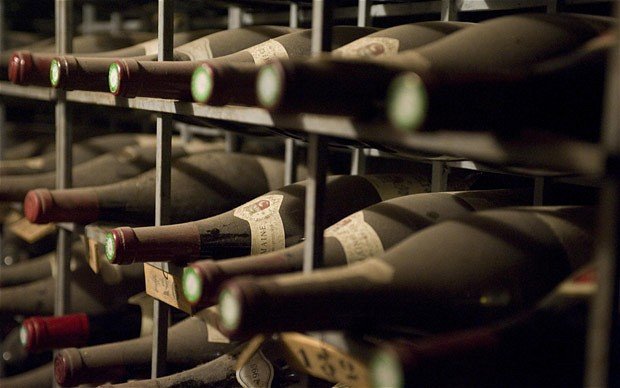Three ways you can easily invest in wine and spirits market

Three ways to invest money in alcohol.
Below I'm going to highlight three easy ways you can become an investor collector in alcohol.
1. Rare, expensive and limited edition bottlings. One of the main ways to secure investment potential is to acquire rare, expensive and limited edition bottlings of some of the already established brands. Whisky holds the most potential in this area. Be it one off bottlings acquired direct through the distillery or limited release airport editions. If these whiskies receive favourable reviews you will always be in for a tidy return as supplies diminish as they will not be topped up. The "Rip Van Winkle" series from Buffalo Trace and any of the Scottish whisky suppliers cask editions are testament to this. However, it must be noted that not all limited editions are valuable.
2 New vintage wine. Buying new vintage wine is one of the most tried and tested investment opportunities with alcohol. Each good year, successful vineyards will release their new vintages at a much reduced rate. This allows good vineyards to sell to speculators who are guessing on whether this particular vintage will be of value. With vineyards such as Lafite-Rothschild, Mouton and Latour this can mean serious profits if it turns out to be a top vintage. However, the storage and associated costs are cumbersome. The wine needs to be held in certain conditions otherwise the quality will be greatly reduced. Most serious buyers will look to see proof of storage before entertaining any idea of purchase. As the risks and outgoing costs in this are relatively high only invest if you would be happy to end up with twelve bottles of £80 pound wine that you have to drink.
3. This one is for the long term, low cost investor. Most Scotch Whisky have a tiered product list. With super premium right down to entry level. Now super premium whisky enters the market at a super premium price and therefore remains pride of place on collectors shelves. Entry level products. Ten, twelve and fifteen year old whiskies. These are the whiskies that have ever dwindling supplies due to increased demand. Across the business we are seeing distilleries discontinuing their entry level products and introducing new blended whiskies at the same price point. Usually without much warning or fanfare so as to avoid bad press. This catches most people off guard. Even the collectors. Soon enough there are no more Glenlivet 10 year old and your £28 pound bottle of whisky is now worth £50+